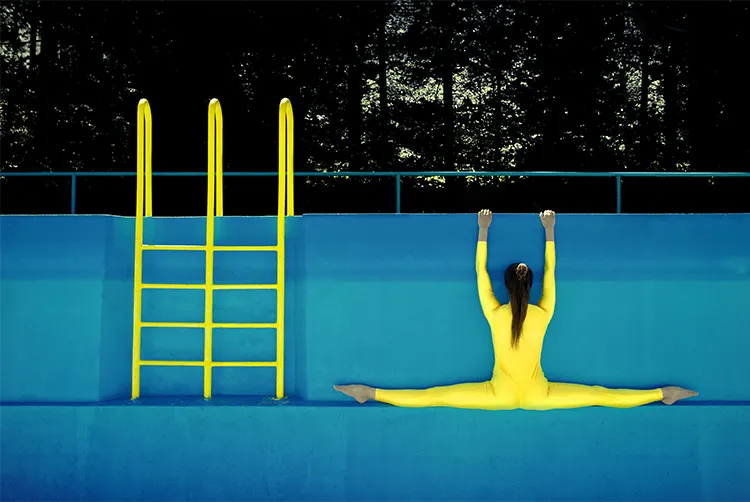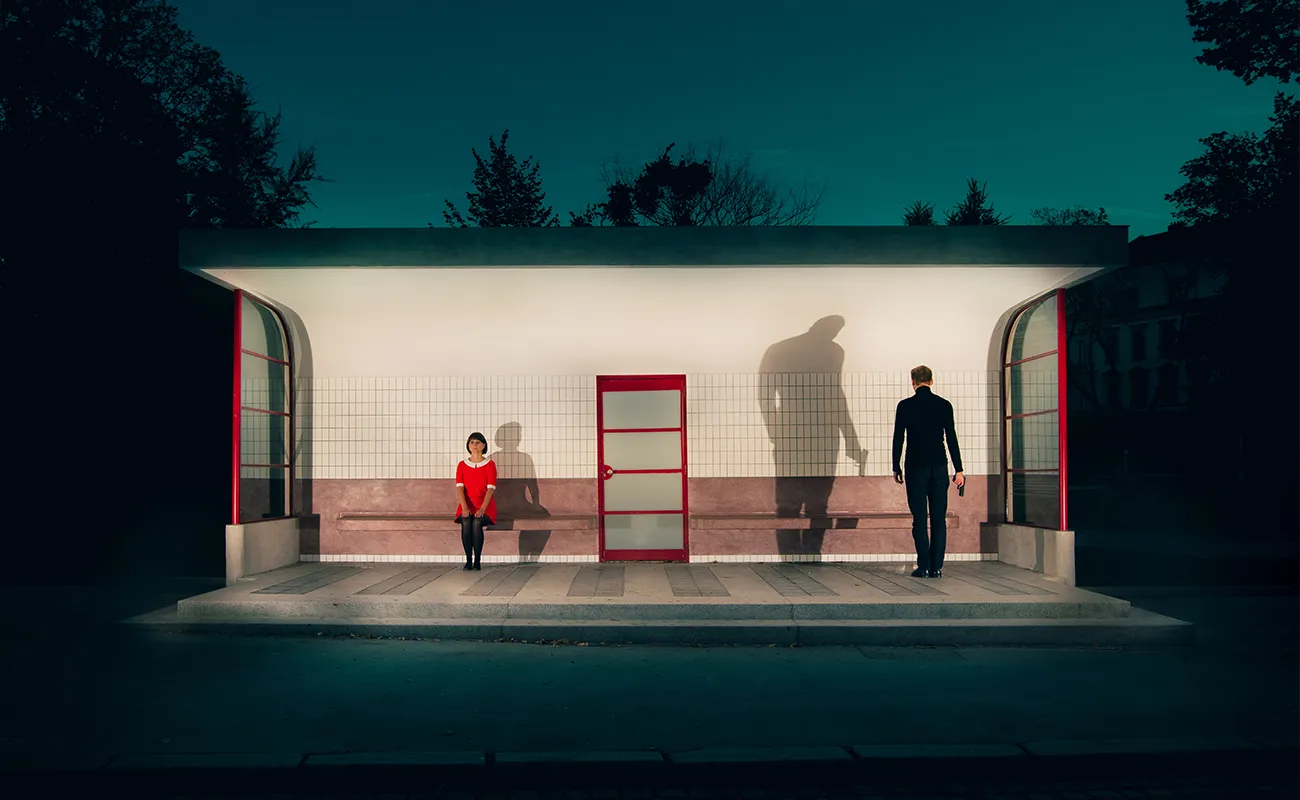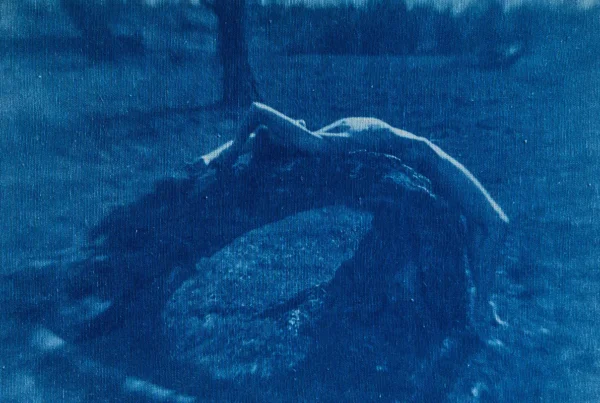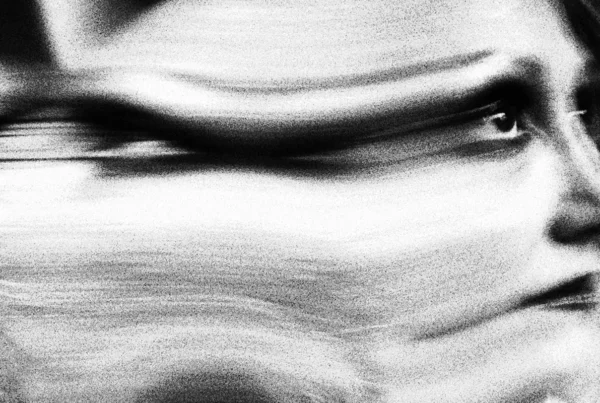“For me, photography is an escape from everyday life, a release from stress and responsibilities, and a space for creativity without borders.”
Discovering the Artistic Journey
Miloš Nejezchleb, a fine art photographer from the Czech Republic, channels his creative spirit through his lens, capturing the world in unique and compelling ways. Living with his wife and three children, Nejezchleb’s journey into photography began 13 years ago, transitioning exclusively to fine art photography eight years ago. This medium serves as his escape from the daily grind, allowing him to express his ideas and relieve stress through unrestricted creativity. His background and personal experiences deeply influence his work, infusing it with a blend of introspection and commentary on societal issues.
Nejezchleb’s introduction to photography coincided with a significant personal milestone—the birth of his eldest daughter. What started as a means to document her early years quickly evolved into a profound artistic pursuit. He discovered the power of photography to not only capture moments but also to create his own scenes and convey thematic narratives. Early on, his works began to reflect the social themes that captivated him, seamlessly integrating these concepts into his visual storytelling.
The artist’s style is distinguished by its strong colors, high contrast, and a passion for minimalism and symmetry. These elements are omnipresent in his series, which often explore societal issues such as overconsumption and the challenges faced by individuals with disabilities. Through his photography, Nejezchleb sheds light on these often-overlooked topics, inviting viewers to engage with them in a new and thought-provoking way.
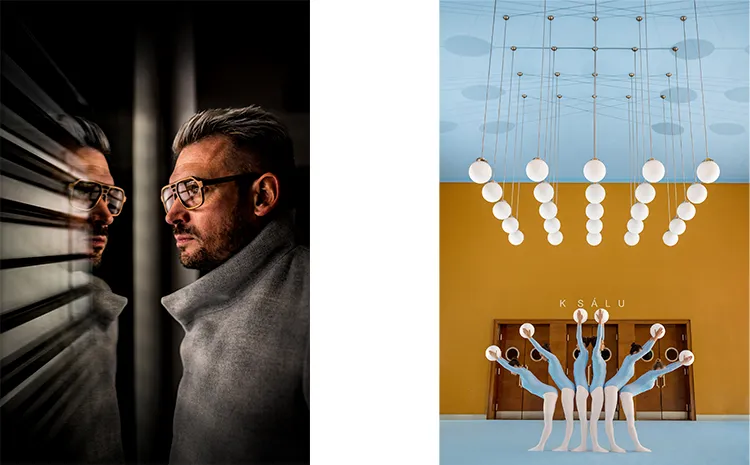
Miloš Nejezchleb: A Vision of Surrealism and Minimalism
Miloš Nejezchleb’s photography is a mesmerizing blend of surrealism and conceptual minimalism, characterized by a stark, almost clinical precision in composition paired with a playful, dreamlike quality. His works frequently feature identical figures or twins, creating a mirrored reality that challenges perceptions of identity and individuality. This recurring motif not only captivates the viewer but also provokes deeper contemplation about the nature of self and other.
The vibrant and bold color palette Nejezchleb employs is expertly controlled, ensuring that the hues enhance the surreal elements of his scenes without overwhelming them. By juxtaposing bright, saturated colors against neutral backgrounds, he draws attention to the central figures and elements, highlighting the peculiar and the unexpected within the frame. This careful balance adds a layer of depth to his work, making each piece a visual feast that demands closer inspection.
Nejezchleb’s compositions are meticulously structured, with a strong emphasis on geometry and spatial relationships. The deliberate placement of his subjects within the environment, often in unusual or unexpected poses, contributes to the surreal and otherworldly atmosphere of his works. This calculated arrangement invites viewers to ponder the interaction between the human figure and the surrounding space, blurring the lines between reality and imagination. Each photograph tells a story or captures a moment from an enigmatic, untold tale, encouraging viewers to create their own interpretations.
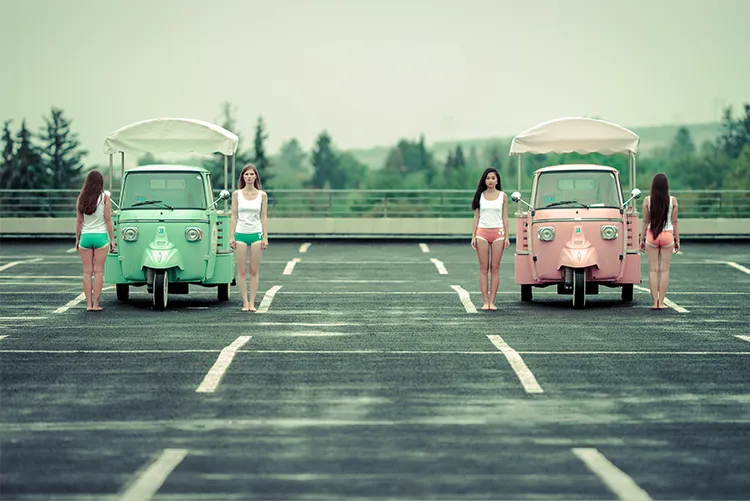
Crafting the Perfect Scene
Miloš Nejezchleb’s creative process is as detailed as his compositions. His workspace is often the great outdoors, where he incorporates human figures and architectural elements into his scenes. These environments are carefully selected for their vibrant and interesting colors, which play a crucial role in his photography. However, working outside presents challenges, particularly with weather conditions. To overcome these, Nejezchleb meticulously plans his scenes, sometimes months in advance, and prepares alternative plans to adapt to unforeseen circumstances.
One of the artist’s primary goals is to minimize post-processing interventions. By planning his scenes in detail, he ensures that the raw photograph captures his vision as accurately as possible. This dedication to in-camera perfection not only highlights his technical prowess but also underscores his commitment to authenticity in his work. Nejezchleb’s ability to anticipate and navigate potential distractions allows him to maintain the integrity of his artistic vision.
Nejezchleb draws inspiration from various sources and artists, with Wes Anderson being a notable influence due to their shared aesthetic sensibilities. However, he doesn’t rely on a single dominant influence; instead, he finds creative fuel in diverse places and from multiple artists. This eclectic approach enriches his work, infusing it with a broad spectrum of ideas and perspectives that resonate with a wide audience.
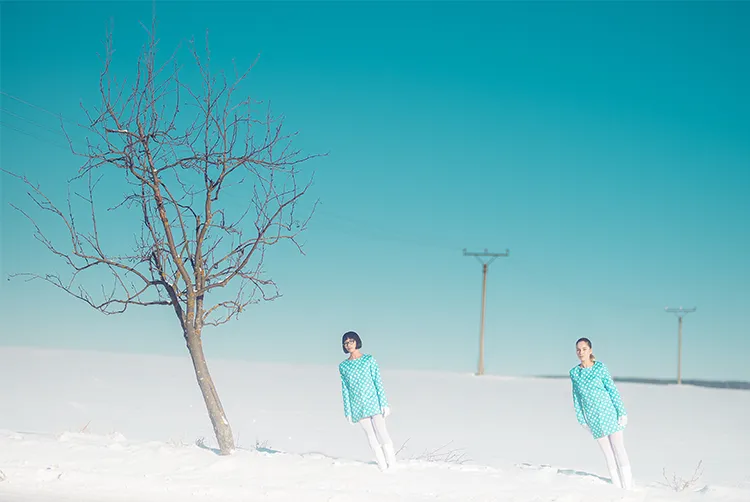
Miloš Nejezchleb: Aspirations and Future Projects
Miloš Nejezchleb’s artistic ambitions extend beyond photography. He harbors a dream to create a short film that aligns with the distinctive style he has developed in his photographic work. The script for this project is already in development, and Nejezchleb is determined to bring this dream to fruition in the coming years. This endeavor represents a natural evolution of his artistic journey, combining his love for visual storytelling with the dynamic possibilities of film.
While photography remains his primary medium, Nejezchleb is open to exploring other forms of artistic expression. Despite his initial struggle with drawing, he is now considering delving into this area, inspired by his experiences with photography. This willingness to embrace new mediums demonstrates his continuous quest for growth and exploration in the arts. Photography has not only been a means of creative expression for Nejezchleb but also a gateway to other artistic avenues.
A specific piece of artwork that holds special meaning for Nejezchleb is challenging to pinpoint, as his influences are broad and varied. However, modern architecture, particularly those buildings that marry simplicity with purity, profoundly impacts him. He admires the functionalism period’s structures for their clean lines and elegant designs, which resonate with his own minimalist aesthetic. This architectural influence is evident in his work, where the interplay between human figures and geometric environments creates a harmonious and captivating visual narrative.
